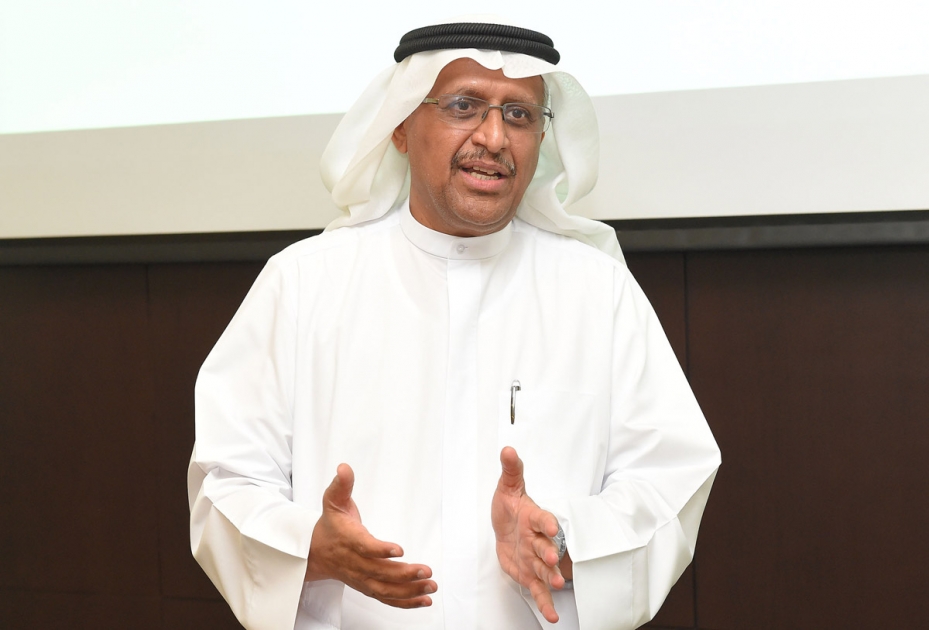
2926 students enrolled for the 2018 summer semester at Zayed University
A total of 2926 students are currently enrolled in Zayed University's 2018 summer semester, which began in Abu Dhabi and Dubai last Thursday, June 28 and coincides with the holy month of Ramadan.
Semester examination periods will be held on July 1st – 2nd, and results announced on the 4th. The number of students recorded for summer courses in their field of study was 1597 students in the Abu Dhabi, including 1297 female students and 300 male students. The number of students in the Dubai campus was 1040, including 1020 female students and 20 male students.
The number of students enrolled in the ‘Academic Bridge’ Program was 289 students, including 212 students in the Abu Dhabi Campus, with 174 female students and 38 male students, and Dubai campus hosts 77 female students.
His Excellency, Prof. Reyadh AlMehaideb, Zayed University Vice President, said that 203 courses covering all available fields were offered in both campuses to students who wished to complete their studies during the summer period. He pointed out that the summer semester is organized for five days a week (Sunday to Thursday) for female students in Abu Dhabi and Dubai, from 9 am to 2:30 pm.
As for the male students, their course runs at the Abu Dhabi Campus parallel to the days and hours dedicated to female students. In Dubai, they begin their courses from three o'clock in the afternoon and continue until five twenty in the evening.
AlMehaideb added that the introduction of the summer semester courses comes within the university’s framework of providing advanced educational programs for students continuously, to enable pursuing an academic success regardless the time of the year. “Zayed University is sought to developing students’ skills, their career paths and raise their performance levels post-graduating. And at the same time contribute to the interests of our community and nation across various sectors,” he said.
He stressed that the directives of H.E Sheikha Lubna bint Khalid Al Qassimi, President of Zayed University, indicate that Zayed University should continuously form a successful learning community including students and faculty members, and their effective contribution to study and research, which positively reflects the level of learning outcomes.



























